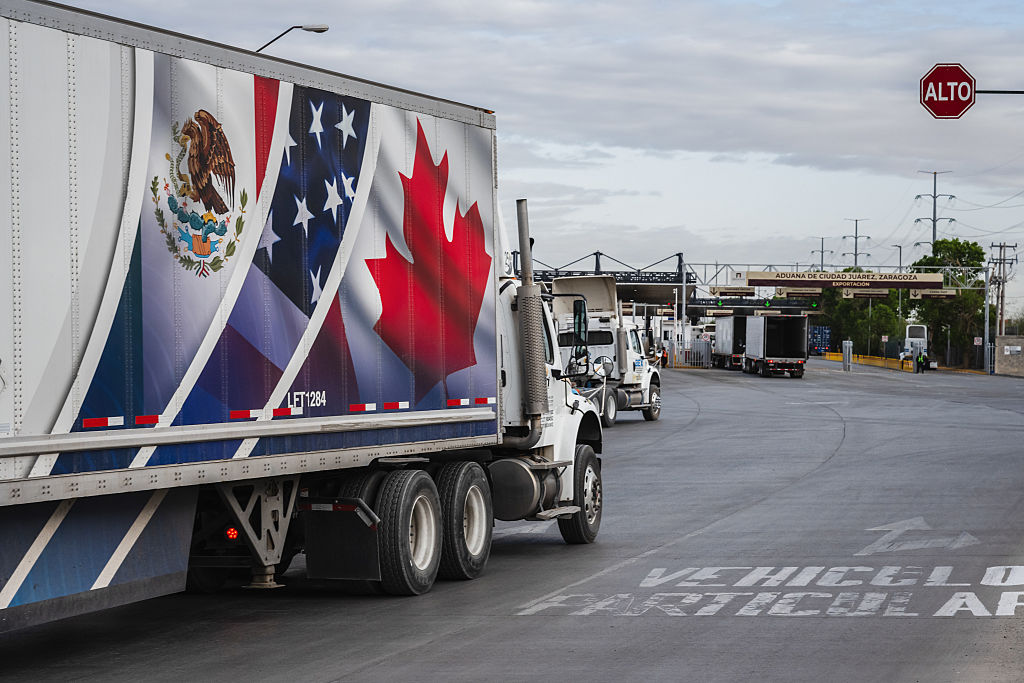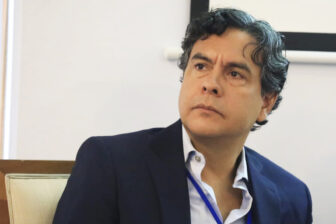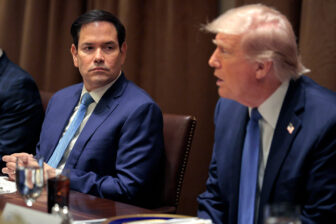
Since taking office, the Trump administration has emphasized that combating cartels and transnational criminal organizations (TCOs) is a national security priority. The administration has reinforced this message through a flurry of recent legal moves, with wide-ranging consequences for businesses and executives operating in Latin America and the Caribbean.
On June 9, the U.S. Department of Justice announced that ties to TCOs would be a “primary consideration” in deciding which Foreign Corrupt Practices Act (FCPA) cases to pursue. This came on the heels of U.S. State Department decisions that added 10 major criminal groups based in the region to its list of designated Foreign Terrorist Organizations (FTOs).
All this means that companies and individuals may now face greater penalties for providing goods, services or capital to any members of these criminal groups. In some cases, this may be hard to avoid; the 10 groups have a significant collective presence across much of the region, and they are increasingly infiltrating legitimate industries from energy and hospitality to mining and real estate.
(The 10 newly designated FTOs are: Cártel de Jalisco Nueva Generación, Cártel de Sinaloa, Cártel del Noreste, La Nueva Familia Michoacana, Cártel de Golfo, Cárteles Unidos, Tren de Aragua, Mara Salvatrucha (MS-13), Viv Ansanm, and Gran Grif.)
This evolving landscape introduces a new layer of risk for businesses operating in Latin America and the Caribbean, compounding the long-standing threats associated with cartel activity. While some companies may determine that the dangers of operating in cartel-controlled “red zones” outweigh the benefits, others—particularly those in commodity-based industries or telecommunications—may find withdrawal impractical. How, then, can they navigate this increasingly complex and volatile environment?
Understanding enforcement priorities
The risks associated with operating in countries with FTO presence are not entirely new in Latin America, given long-standing FTO designations in Colombia and Peru. Most of the recently designated FTOs were already subject to economic sanctions prohibitions as part of OFAC’s Specially Designated Nationals and Blocked Persons list (“SDN List”). However, the new designations increase the stakes by involving a greater number of countries, including Mexico, the U.S.’s largest trading partner.
The U.S. Treasury’s Office of Foreign Assets Control (OFAC) and Financial Crimes Enforcement Unit (FinCEN) have both issued alerts on the new designations that prompt companies and financial institutions to ensure their compliance programs and controls adequately mitigate the risk of providing support to FTOs. In its alert, FinCEN specifically noted the role of “complicit” U.S.-based companies in oil smuggling schemes associated with Mexico-based cartels.
Meanwhile, Attorney General Pam Bondi has issued directives to redirect Department of Justice (DOJ) resources to combating cartels and TCOs. On May 12, the DOJ’s Criminal Division issued a white-collar enforcement plan that listed cracking down on “material support” violations involving cartels and TCOs as a priority, under the applicable U.S. law: the Antiterrorism and Effective Death Penalty Act (AEDPA).
For its part, the June 9 guidance on FCPA enforcement states that the DOJ will prioritize cases in which the alleged misconduct is associated with cartel or TCO criminal operations; assists in money laundering for these organizations; or is linked to foreign officials who have received bribes from these organizations.
Understanding new risks
Some companies doing business in countries like Colombia and Mexico have already adopted policies to mitigate the risk of interacting with TCOs and comply with local regulations. For many years, Colombia has had regulations requiring both financial institutions and brick-and-mortar companies to adopt systems to prevent the financing of terrorism through screening and enhanced due diligence systems. Mexico has had anti-money laundering and financing of terrorism (AML/CFT) regulations in place for years, requiring financial institutions to adopt risk prevention systems.
Despite these measures, current compliance programs and policies may not sufficiently mitigate the risk of engaging with the newly designated FTOs, considering the scope of the territories they control, the regional networks they have established, and the extent to which some have infiltrated local economies.
U.S. officials have stated that cartels control as much as one-third of Mexico’s territory. In December, Colombia’s Ombudsman’s Office warned that criminal organizations have a presence in 71% of the nation’s municipalities. Extortion and other threats are the norm in certain areas, and some industries, such as mining and agriculture, are more vulnerable to these types of encounters. Cartels are also involved in seemingly legal activities in sectors big and small, including telecommunications, logistics, energy and real estate.
The meaning of “material support”
The recent FTO designations create a new level of risk of criminal prosecution. The AEDPA criminalizes “knowingly” providing, or attempting or conspiring to provide, “material support or resources” to a designated FTO. Although AEDPA does not define “knowingly,” we expect that the DOJ would take the position that “willful blindness” would satisfy the requirement. Moreover, AEDPA has a broad extraterritorial reach against both U.S. and non-U.S. persons and entities.
The definition of “material support” is also quite broad and encompasses any property (tangible or intangible) or service (including currency or monetary instruments, financial services, lodging, training, expert advice or assistance, communications equipment, facilities, personnel, and transportation). There is no “de minimis” exception, nor any substantive exceptions, such as for providing humanitarian assistance.
This means that a company may be providing “material support” if it makes security payments or provides goods or services to a business partner associated with an FTO, while some of the company’s employees had “knowledge” of the association. Moreover, hiring cartel members as employees, contractors, or union representatives is more common than many companies may realize.
A company and its employees do not need to have a specific intent to support the FTO’s terrorist activities to be liable under AEDPA. Instead, a company only needs to have knowledge that an organization is designated as an FTO or has engaged in terrorist activity. This means that a company could face the risk of exposure for “material support” even when it engages in seemingly legitimate business transactions, as long as the counterparty is owned or controlled by an FTO of which an employee is aware.
In addition to the new criminal risk associated with the new designations, U.S. citizens who have been harmed by an FTO’s violent activities can now bring civil actions not only against the FTO, but also against persons and entities that provided “material support” to that FTO.
Navigating the new designations
Companies with strong compliance programs already have tools that can help mitigate the new risks. In addition, those doing business in countries like Colombia are familiar with regulatory requirements to put AML/CFT risk management systems in place and take precautions when operating in areas of TCO influence.
However, as discussed in this recent explainer, each company should assess potential FTO-related exposure based on the company’s footprint and review existing compliance programs and policies to ensure they are adequately addressing the new risks. In the process, companies should not underestimate the potential security challenges involved in undertaking these assessments or implementing enhanced policies and procedures.
For companies operating in cartel-dominated “red zones,” the risks may be too significant to justify a continued presence. However, sectors like mining, energy, agriculture, and telecommunications often have limited flexibility due to the nature of their operations. For these companies, the most effective strategy is to engage in proactive and sustained dialogue with U.S. and Latin American authorities to navigate potential encounters with FTOs and related security threats.
*Note: Covington policy advisors Antonio Leal Holguín and Lorena Montes de Oca and special counsel Molly Doggett contributed to this article.











